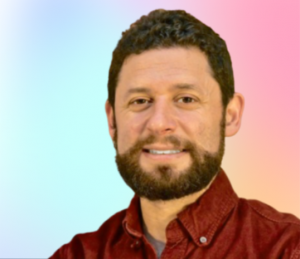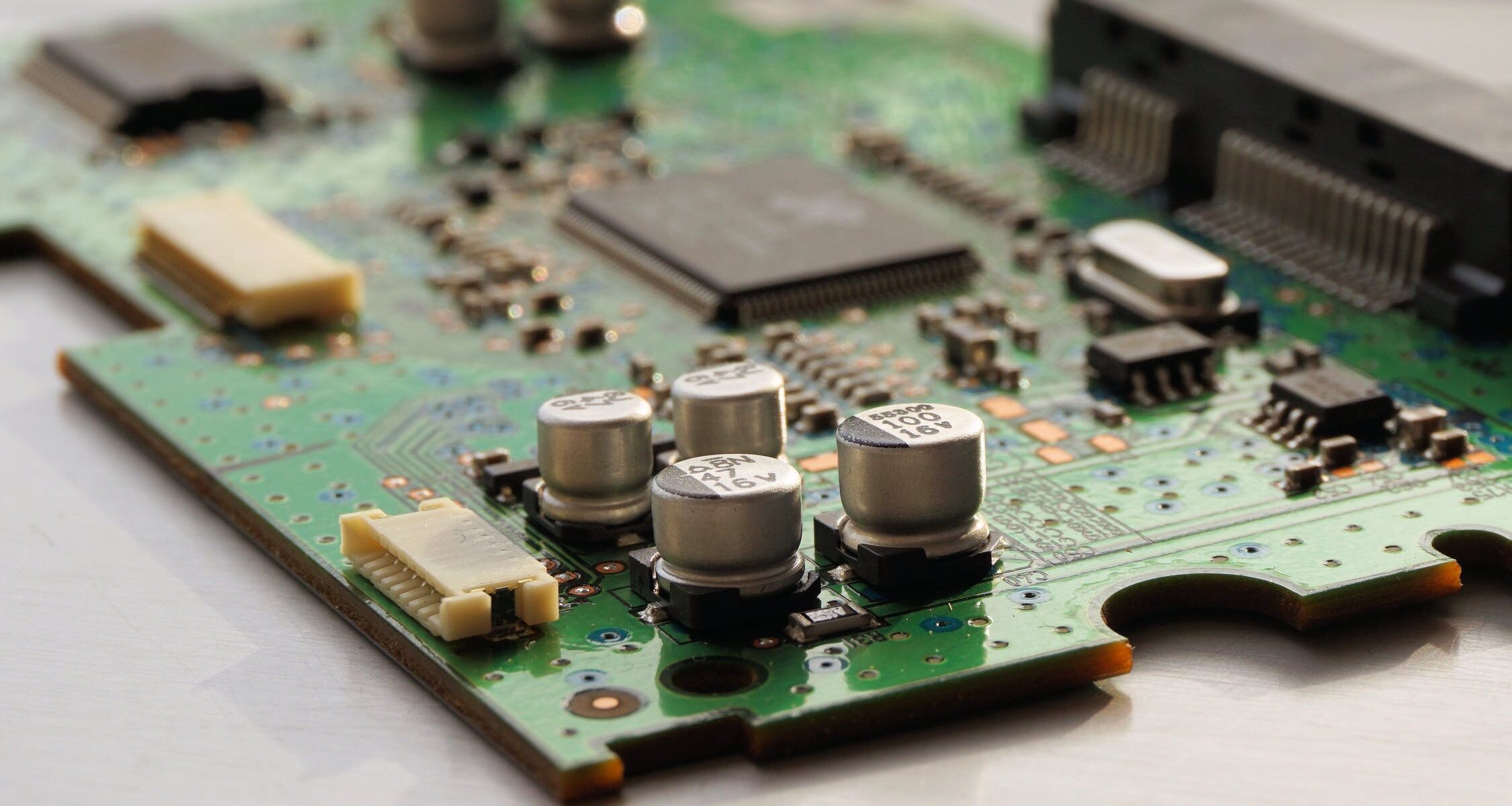Computer Science Tutors for
Middle & High School Students
ONE-TO-ONE, IN-PERSON AT YOUR HOME, OR VIRTUAL COMPUTER SCIENCE TUTORING. PRIVATE PAY TRAVELING TO:
New York City (NYC)
Manhattan
Brooklyn
Queens
Staten Island
Bronx
Long Island (including the Hamptons)
Westchester
New Jersey (NJ)
Connecticut (CT)


TESTIMONIALS
Students of all ages receive one-on-one tutoring in all instructional materials, test preparation, and executive function coaching as required. At Themba Tutors, we take the time to help students/clients understand their strengths and progress in areas where they need to improve. We offer personalized tools for each of our clients to help them become more aware of their individual needs as they work towards short-term goals. Improving these skills will benefit our students’/clients’ long-term plans.


ETHAN
B.S. in Applied Mathematics and Mathematical Biology
**Guarantee: It’s critical that whoever receives our tutoring services connects with the specialist, the specialist has expertise in the area of need, and is available to travel to you. If you are not 100% satisfied with our services, we are 100% committed to finding you the right professional.
What Is Computer Science?
Is your tween or teen interested in technology, computers, or STEM? Does he or she want to be computer literate? Computer literate means knowing computer science, the foundation for computing.
Themba Tutоrѕ can support students with technology at all levels. We offer in-home and online computer science tutoring for 6th through 12th-grade students. Themba Tutors can introduce new skills and concepts or supplement the computer science curriculum at your child’s school.
MAP OF COMPUTER SCIENCE

There is sometimes confusion between “computer science” and the everyday use of computers. Everyday computing is solely focused on the use of technology. Here are the four ways technologies are used at home, in school, and at work.
Computer Literacy
Is the use of digital tools and computer applications, such as creating a PowerPoint or searching the Internet.
Educational Technology
This is when teachers use computer literacy to support classroom subjects such as Social Studies, Science, Math, or English Language Arts. Activities might include using a web-based application to store writing assignments or creating a podcast for a history research project.
Digital Citizenship
Is learning how to be responsible with technology and keep information secure.
Information Technology (IT)
Focuses on installing and operating computers and software in industries, businesses, and organizations. There is an overlap with computer science. IT professionals might have a background in computer science.
In contrast, computer science is an understanding of why computers work and how to create those technologies. Computer science actually builds on the four technologies described above. We define computer science as “the study of computers and algorithmic processes, including their principles, their hardware and software designs, their [implementation], and their impact on society” (Tucker et. al. 2003, p. 6).
Why Study Computer Science?
At Themba Tutors, our digital literacy tutors will design a learning plan around your student’s needs and are age-appropriate. Our goal is to support your student in being digitally literate and supplementing what your child or teen is learning in school.
Students will learn skills from the list below. The possibilities are endless.
The world is influenced by technology. Computers and technologies are tools for learning and expression in a variety of disciplines. “To be well-educated citizens in a computing-intensive world and to be prepared for careers in the 21st century, our students must have a clear understanding of the principles and practices of computer science.” (CSTA, 2017, www.csteachers.org)
In 2016, professionals and educators in computer science developed a vision and guidelines for our nation’s schools. The document titled “The K–12 Computer Science Framework” (http://www.k12cs.org) states Computer science’s ways of thinking, problem-solving, and creating have become invaluable to all parts of life…The K–12 Computer Science Framework envisions a future in which students have informed citizens who can:
- critically engage in public discussion on computer science topics;
- develop as learners, users, and creators of computer science knowledge and artifacts;
- better understand the role of computing in the world around them; and
- learn, perform, and express themselves in other subjects and interests.

Themba Tutors has adopted the vision from the Framework. All students can gain computer science knowledge and become both users and creators of computing technology. Computer Science prepares middle and high school students for a variety of college experiences and careers. As stated by computer educators, “students who graduate with a K–12 computer science foundation will go on to be computationally literate members of society who are not just consumers of technology but creators of it. They will become doctors, artists, entrepreneurs, scientists, journalists, and software developers who will drive even greater levels of innovation in these and a variety of other fields, benefiting their communities and the world.”(http://www.k12cs.org)
What Do Middle and High School Students Learn in Computer Science?
The great news is that students can learn computer science principles, practices, and skills at any point in their education. Computer science courses are divided into three sections, including core practices, computational thinking skills, and concepts. They are taught in a progression from grades k to 12.
Themba Tutors align tutoring goals with your school’s curriculum, child’s needs, and skill level. We use the progression chart here published by the CSTA and/or your school’s curriculum to determine a tutoring plan. Progression Chart for Computer Science
First, the core practices are “ways of thinking.”
Students need the following skills to understand why computers work and how to create these technologies.
The seven practices include:
-
- Fostering an Inclusive Computing Culture
- Collaborating Around Computing
- Recognizing and Defining Computational Problems
- Developing and Using Abstractions
- Creating Computational Artifacts
- Testing and Refining Computational Artifacts
- Communicating About Computing
Second, students need to learn computational thinking skills.
The core practices, numbers 3 to 6, are these skills broken into learning modules. Computational thinking is the key to computer science. Here is the best definition. “Computational thinking refers to the thought processes involved in expressing solutions as computational steps or algorithms that a computer can carry out.” (Lee I., 2016) Students learn how to understand computers’ capabilities, formulate problems to be addressed by a computer, and design algorithms that a computer can execute. (2016, http://www.k12cs.org).
Finally, students gain the core concepts of computer science in middle school (level 2) and high school (level 3A). Here are the seven concepts with a few examples of learning in computer science studies.
Computing Systems
This refers to the physical hardware and software (instructions) that communicate and process information in digital form. Students will:
- learn systems and how the interaction between humans and devices influences design decisions;
- gain a deeper understanding of the interaction between hardware and software; and
- explore problem-solving and troubleshooting strategies.
Networks and the Internet
Devices communicate with each other and share information along with cybersecurity. Students will:
- understand how information travels across different networks, and
- learn ways to protect information systems and networks.
Data and Analysis
This refers to how to collect, process, and store data effectively.
Students will:
- learn what happens when data is collected with computational and automated tools;
- evaluate different storage methods;
- discover patterns and trends and communicate them to others; and
- practice data science to make inferences, theories, or predictions after collecting data from users or simulations.
Algorithms and Programming
Algorithms and programming control of all computing systems. An algorithm is a sequence of steps to accomplish a specific task, is translated into programs or code, and provides instructions for computing devices. Students at this level in middle and high school explore the complex world of algorithms after studying programming in elementary school.
Students will:
- learn how to develop meaningful and efficient programs
- organize data collections into data structures that are very complex
- expand their understanding to more complex execution
- understand modularity or breaking down tasks into simpler tasks and combining simple tasks to create complex tasks
- learn the design process and make complex decisions involving user constraints, efficiency, ethics, and testing
Impacts of Computing
Students learn how to be responsible and understand the digital world’s social implications, including equity and computing access. Computing affects people locally, nationally, and globally.
Students will:
- learn how computing influences culture and, in turn, how culture shapes how people engage with computing (belief systems, language, technology, institutions);
- understand the social part of computers, including how to connect people, communicate information, and express ideas;
- discover how institutions and careers are affected by technologies; and
- learn the safety, law, and ethics of using computers.
Why Choose Themba Tutors for Computer Science Tutoring?
Our computer science tutors are highly experienced and positive role models. Our tutors use a flexible approach to learning and customize plans for individual students. At Themba Tutors, we help students feel comfortable with new computer science skills and concepts at their own pace. Your child’s confidence will grow when each new skill is mastered. Our staff is dedicated to helping your child achieve academic success in computer science.
If your son or daughter is struggling in computer science or needs enrichment, contact us, and we will provide you with the service that will best fit your family’s needs.
Tutoring, Coaching, Learning Specialists, Academic Tutors Services
We have expertise in:
- Online Tutoring/Coaching
- English, and English Language and Arts (ELA)
- Literature
- Reading (Grades 1-12, and College)
- College Application Essay
- Writing (School-Age, College, and Adult)
- Song, Poetry, and Creative Writing
- Handwriting Tutors
- Math (Grades 1 to 12, College, Adult)
- Pre-Algebra, Algebra I, and Algebra II
- Geometry
- Trigonometry
- Pre-Calculus and Calculus
- Statistics
- Exeter Math
- Biology (High School Biology, and AP Biology)
- Chemistry
- Physics
- Earth Science
- History and Social Studies
- Psychology
- Foreign Languages
- Test Prep (SAT, GRE, SHSAT, ISEE/SSAT, ELA, Regents, TASC, MAP Growth, LOTE Test, GED Test)
- Graduate School & Ph.D. Application Consulting
- Executive Functioning Skills (Grades 4 to 12, college, and adult)
- Adult Dyslexia Tutoring
- Adult ADHD/ADD Coaching
- Study Skills/Test Taking Tutoring
- International Baccalaureate IB Tutors
- Homeschooling
- Digital Literacy
- Computer Science
- Engineering Design
- Python and JavaScript Computer Programming (Coding) Tutoring
- Machine Learning
- Data Analytics, and Data Science
REFERENCES
K–12 Computer Science Framework. (2016). Retrieved from http://www.k12cs.org. “The K–12 Computer Science Framework, led by the Association for Computing Machinery, Code.org, Computer Science Teachers Association, Cyber Innovation Center, and National Math and Science Initiative in partnership with states and districts.
Computer Science Teachers Association (2017). CSTA K-12 Computer Science Standards, Revised 2017. Retrieved from http://www.csteachers.org/standards
Lee, I. (2016). Reclaiming the roots of CT. CSTA Voice: The Voice of K–12 Computer Science Education and Its Educators, 12(1), 3–4. Retrieved from
Tucker, A., McCowan, D., Deek, F., Stephenson, C., Jones, J., & Verno, A. (2006). A model curriculum for K–12 computer science: Report of the ACM K–12 task force curriculum committee (2nd ed.). New York, NY: Association for Computing Machinery.
FREQUENTLY ASKED QUESTIONS
Is computer science hard?
What is computer science easy definition?
Contact Themba Tutors Today!
Our Computer Science Tutors and Coach can help you!
Free Consultation!
Call: (917) 382-8641, Text: (833) 565-2370
Email: [email protected]
(we respond to email right away!).

